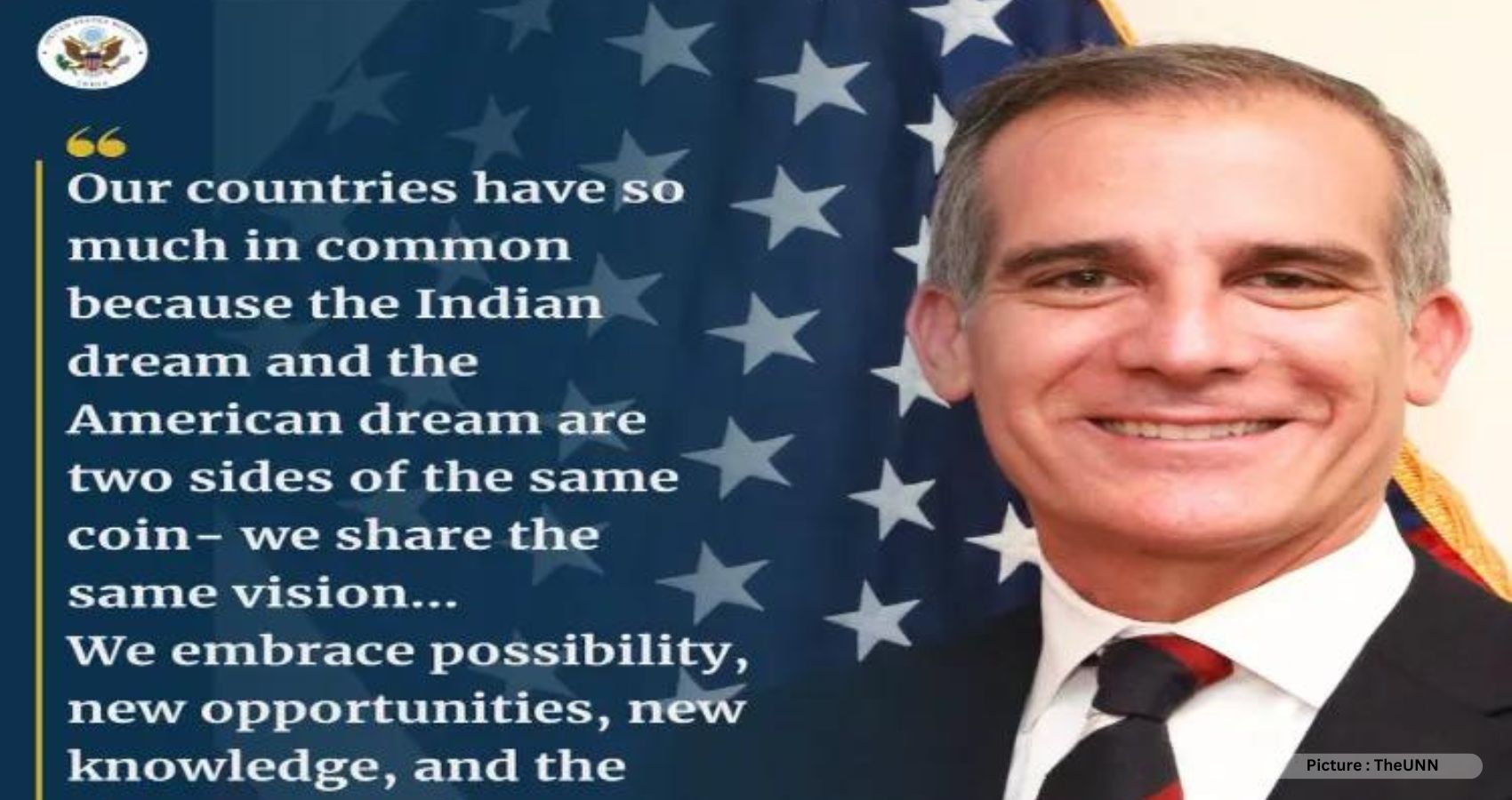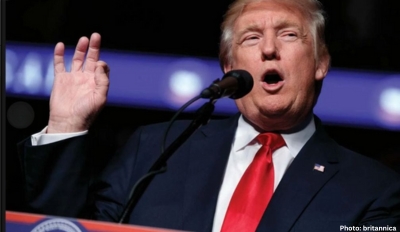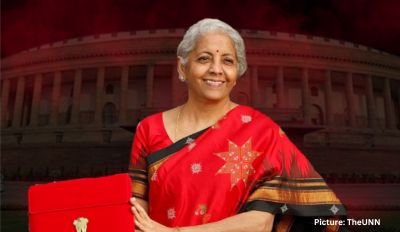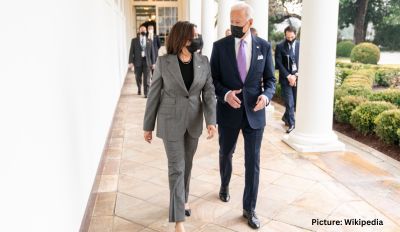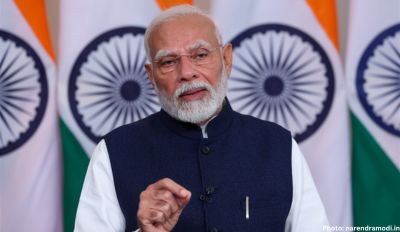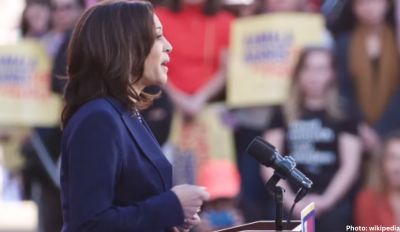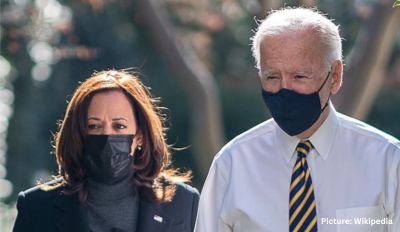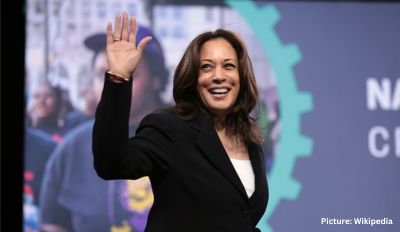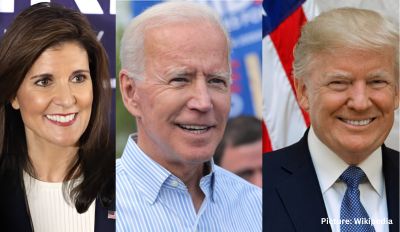Ambassador Eric Garcetti lauds Prime Minister Narendra Modi’s recent visit to the US, emphasizes its potential to strengthen India-US ties and turn dreams into reality
United States Ambassador to India, Eric Garcetti spoke about the importance of Prime Minister’s Narendra Modi’s recent visit to the United States in furthering India-US ties, which he believes have the power to turn dreams into reality.
Speaking at the “Peace, Prosperity, Planet, People : A New Chapter In U.S.-India Relations” event co-organized by the Asia Society Policy Institute and IIT Delhi, Garcetti used the phrase “Sapne sakar karna” (Making dreams into reality). He emphasized the need to work together for peace, prosperity, and the planet with a focus on bolstering bilateral security, promoting freedom, and people-to-people exchanges.
Sharing his experience of the PM’s US visit, the Ambassador said it as a momentous occasion during which he witnessed a profound celebration of the “defining partnership of this century” between the two great democracies.
“I saw history being made and our future framed,” Garcetti said welcoming the slew of joint initiatives announced across various fields which he believed could “change the world.” He highlighted IIT Delhi scholar, Anchal Sharma’s presentation alongside PM Modi and First Lady Jill Biden at the National Science Foundation (NSF), as one of his favorite moments from the visit.
The Ambassador acknowledged the shared dreams and visions of the Indian and American people, emphasizing the desire to leave a positive impact on the world. He highlighted the strong people-to-people ties between the US and India, stating that the Indian diaspora in the US plays a crucial role in fostering friendship and understanding between the two countries. He mentioned several statistics that reflect the close connection between the nations, including the significant number of Indian students studying in the US, the two-way trade volume, and the presence of Indian professionals in key sectors of the US economy.
Garcetti also shed light on the significance of visa policies in the US-India relationship. With over 200,000 Indians studying in the United States, he added, “We set a goal for ourselves to process at least a million visas in 2023, and we’re already more than halfway towards reaching that goal.”
Having completed his studies in India, the Ambassador expressed, “I may not be Indian, but India is a big part of me and has helped shape who I am today.” He went on to share his goal as an Ambassador was to present many more people with similar life-changing experience that he had while in India.
He concluded by stating India and USA are two sides of the same coin, and that he hopes to realize his dream of the countries partnering and bringing transformative changes to challenges together.
Australia Extends Post-Study Work Rights, Work-Hour Cap For Indian Students
Education/Immigration
Starting July 1, 2023, the working hours for international students per fortnight will go up from 40 to 48 hours.
Indian graduates from Australian tertiary institutions will have the opportunity to apply for an eight-year work visa starting July 1, 2023. Additionally, the work-hour limit of 40 hours per fortnight for all international students will go up to 48 hours. This was done to address workforce shortages, as well as to ensure that student visa holders have enough time to dedicate toward studies while gaining work experience and supporting themselves financially.
The new visa rules are an outcome of a bilateral agreement signed between India and Australia in May 2023. Indian PM Narendra Modi and Australian PM Anthony Albanese signed a migration deal, which included a new pilot program called the Mobility Arrangement for Talented Early-professionals Scheme (MATES). The program was devised to benefit university graduates and early-career professionals, precisely 3,000 of them, to live in Australia for two years without requiring visa sponsorship.
Speaking of eligibility, candidates seeking to apply for the MATES visa must be under the age of 31. They must be pass-outs from recognized Indian universities with specialized degrees in the areas of engineering, Artificial Intelligence, Information Technology, Agricultural Technology, Renewable Energy, etc. Details regarding fees and visa processing time for MATES are yet to be announced.

